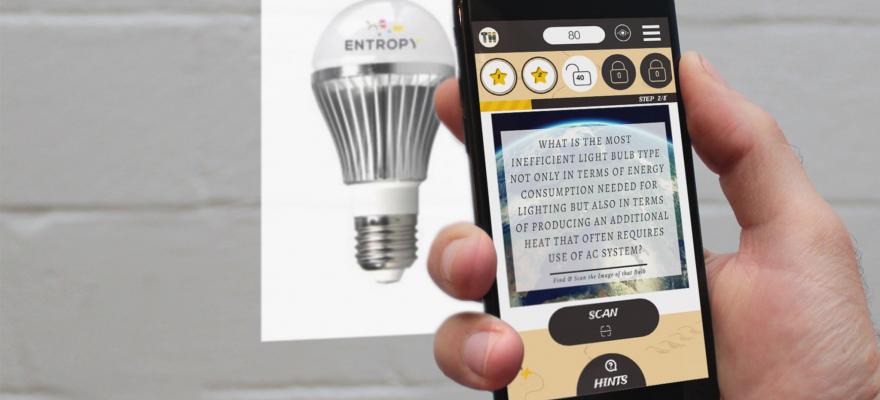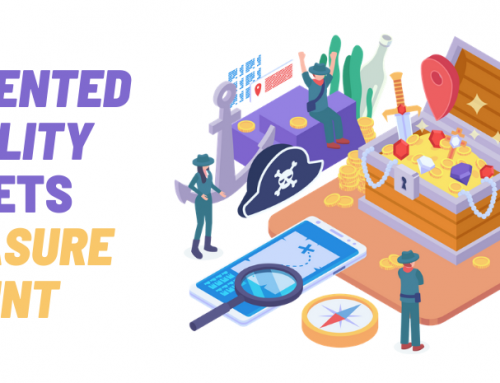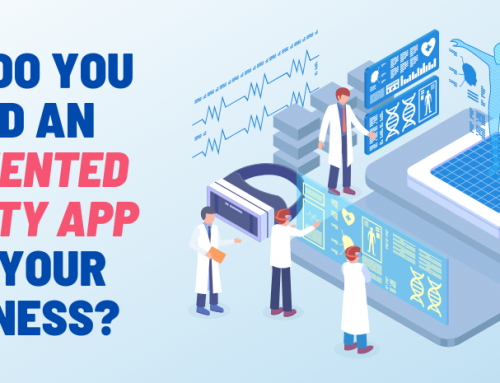
If we are to define Entropy project in one sentence, we will opt for ‘‘designing of innovative energy aware IT ecosystems so as to motivate end-users’ behavioural changes in terms of energy consumption.’’ The project was focused on energy efficient lifestyles in three domains: Internet of Things (IoT), Advanced Data Modelling and Analysis, as well as Recommendation and Gamification.
For example, the Internet of Things could provide the capacity for interconnecting numerous devices and applying energy-efficient communication protocols. Then, advanced Data Modelling and Analysis techniques involved the realization of semantic models and knowledge extraction mechanisms could be further developed. Regarding Recommendation and Gamification, the users awareness can get increased and energy efficient lifestyles can be adopted.
Partners in Entropy project came from seven countries: University of Murcia (Spain), Intelen (Cyprus), UBITECH (Greece, Cyprus, Argentina), Hyperborea Srl (Italy), ELTRUN E-Business Research Center (Greece), HES-SO Valais-Wallis, Institute of Information Systems (France), PoloNavacchio S.p.A (Italy), DunavNET (Serbia) and STI Innsbruck (Austria)
The project was focused on reducing energy consumption on the basis of the adoption of energy efficient techniques and the active engagement of citizens/occupants. ‘‘Innovative solutions had to be implemented upon properly understanding the main energy consuming factors and trends, as well as properly modeling and understanding the citizens’ behaviour and the potential for lifestyle changes.’’
There are three target groups in Entropy project such as: buildings and sites of public interest; energy-aware monitoring parameters model, as well as citizens.
The initial benefits that the project will bring to stakeholders involved was:
- to increase the data collection reliability of real-time energy consumption
- to optimize energy consumption in buildings
- to improve environmental and financial performance of buildings
- to influence consumers’ change in behaviour and their environmental awareness, which leads them to better management of energy consumption in their buildings
As a result, due to these aforementioned objectives technical solutions and frameworks were developed such as:
- data analytics framework for energy consumption, energy efficiency, and associated costs
- recommendation framework for optimal use of energy resources
- aggregating energy consumption data through IoT technologies and mobile crowd sensing
- developing innovative serious games and personalized mobile applications that stimulate collaboration


